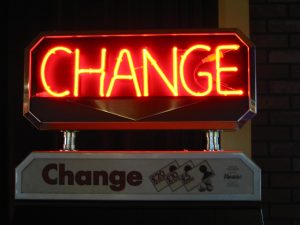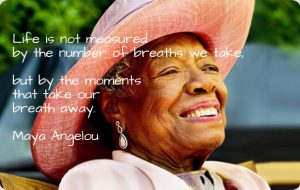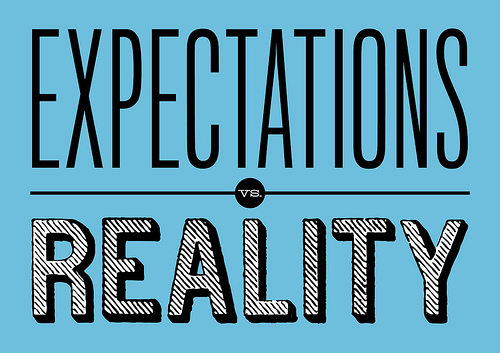Pen Pal Project
Love, Unexpectedly
August 1, 2016
Dear Reva,
I have so many conversations with you in my head that don’t make it onto paper.
Sometimes it’s because life intervenes, and intervenes again. But recently it’s been for a different reason entirely. I’ve been feeling shy. Our letters are public, and while there are conversations I might have with you privately, I’m not always willing to have them publicly.
Which is why I haven’t told you that I’m in love.
This is wonderful, obviously. It is a sensation I never imagined experiencing again and it is glorious.
It is also terrifying.
For starters, I’m out of practice. The last time I fell in love was close to twenty years ago, and we all know how that worked out. And then there are all the complications. Logistical ones: Dependents, responsibilities, schedules. Emotional ones: My shit. His shit. New shit that we are creating by combining all of our old shit together.
Here are some of the things you don’t do when you fall in love at our stage: stay up all night talking about the relationship (nothing is improved by losing a night of sleep); express every feeling you have every moment that you have it (no one at our age needs this kind of drama); make elaborate plans about the future (because you never know, do you?); overlook the other person’s flaws (they aren’t going anywhere); avoid hard conversations (they aren’t going anywhere); and imagine that you and he are going to change substantially from the people you are today (you made that mistake once, and the results were disappointing).
On the other hand, here are some of the things you do when you fall in love at our stage: have excellent sex as often as possible (because life is short and everything still works); get a nice boost from seeing yourself through the eyes of your new partner (interesting! funny! sexy!); talk about yourself as a person with individual preferences and interests, just like you did when you dated in your twenties (and discover that many of those preferences and interests remain the same, which is oddly comforting); and learn a staggering amount about all of your aforementioned shit.
I know what you’re thinking. That doesn’t sound very romantic, does it?
But strangely, it is. It’s about seeing past the fantasy to what is real. It’s about being equally present in Italian hotel rooms and in hospital rooms. It’s about knowing that there are no guarantees, and this might not work, and you might be humiliated, and still deciding that you’re all in. And it’s about being loved for who you are, with all the cracks and dents and imperfections that you would change if you could, but can’t.
It’s not a Disney romance, for certain. But what is it? I’ll have to keep you posted.
Lots of love,
Kate






